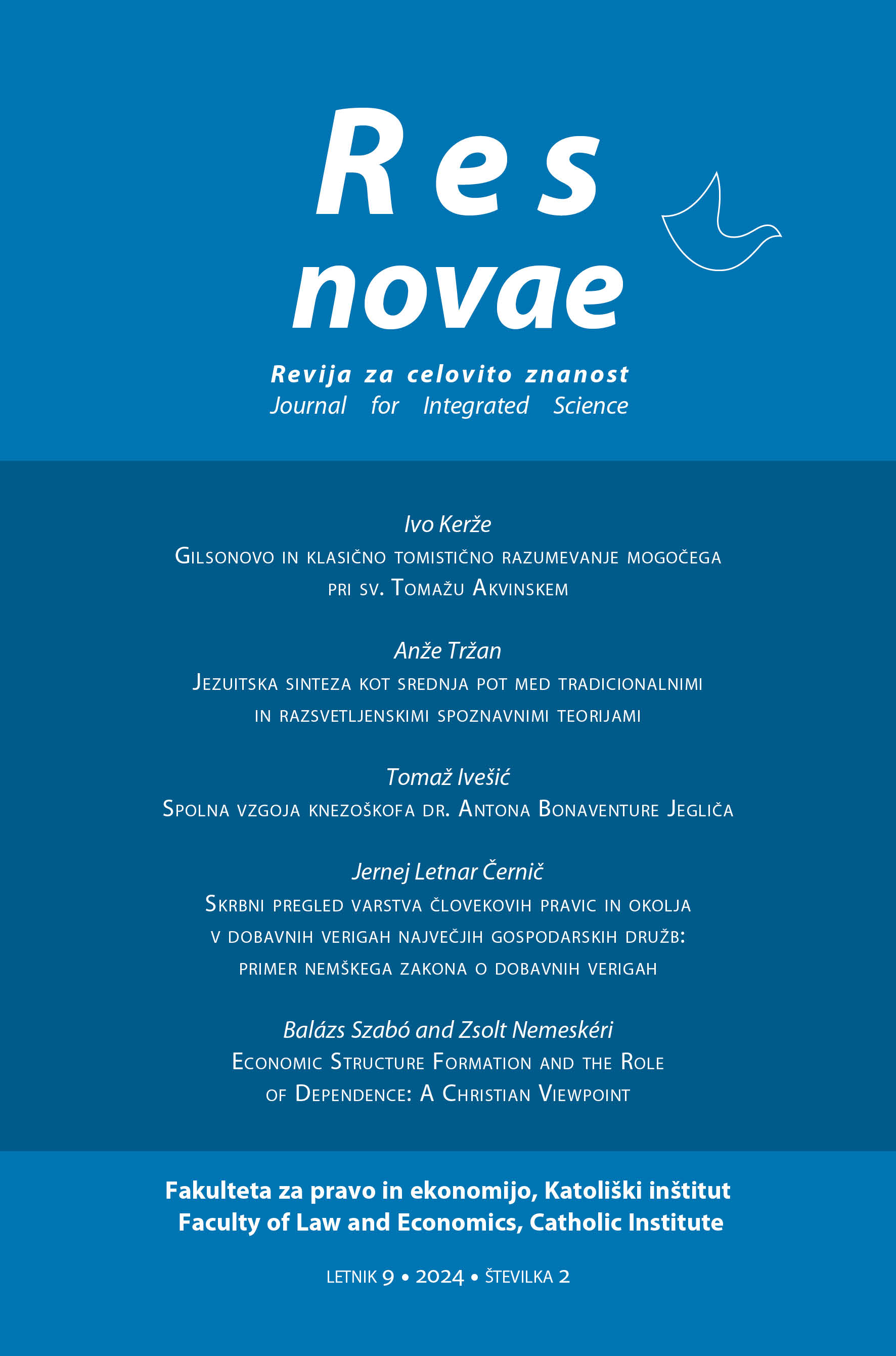Jesuit Synthesis as a Middle Course between Traditional and Enlightenment Theories of Knowledge
Anže Tržan
Jesuit Synthesis as a Middle Course between Traditional and Enlightenment Theories of Knowledge
DOI: https://doi.org/10.62983/rn2865.24b.2
Keywords: Catholic Enlightenment, John Locke (1632–1704), Cartesianism, Nicolas Malebranche (1638–1715), Jean-Martin de Prades (1724–1782), Jesuit Synthesis
Abstract:
The purpose of this discussion is to demonstrate that the emergence of the so-called Jesuit Synthesis as a middle ground between Lockean empiricism and Cartesian dualism played a very important role in the development of new spiritual initiatives in France by the mid-eighteenth century. It was precisely this inclusive character that was able to revive the older Thomist tradition and partly reformulate it. The central aim of this revamped Christian philosophy was to establish a strong apologetic moment that could provide the defence of Christianity in an environment that was rapidly changing and slowly moving away from traditional Christian assumptions. Further development of apologetics, together with the autonomous Catholic Enlightenment thought in France, was, however, crucially marked by the Prades affair of 1751, which caused a rift among the Jesuits, Encyclopaedists and Jansenists, and was followed by the suppression of the French Jesuits in 1764.
PDF



